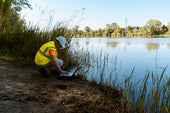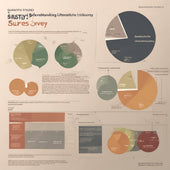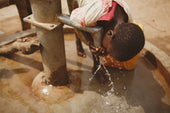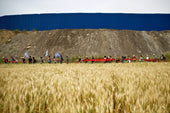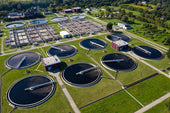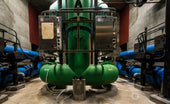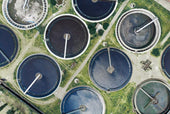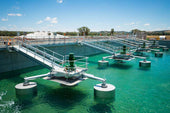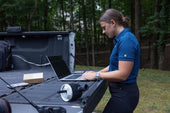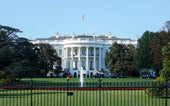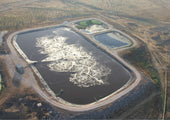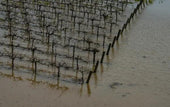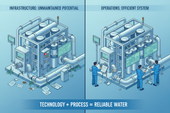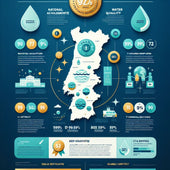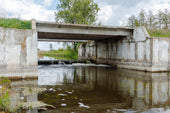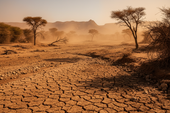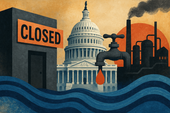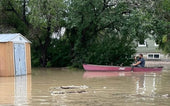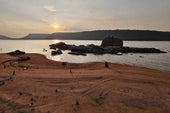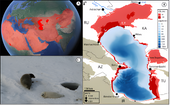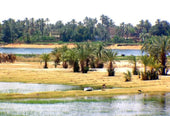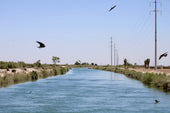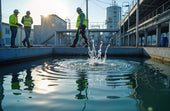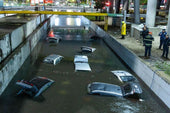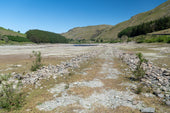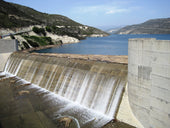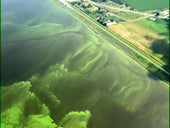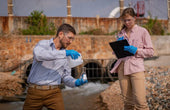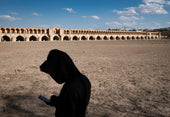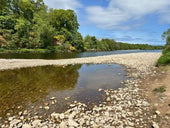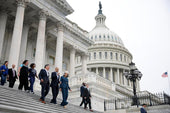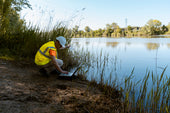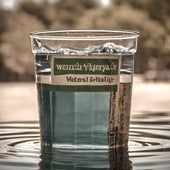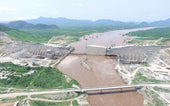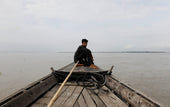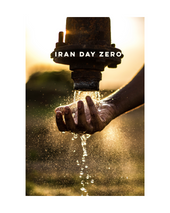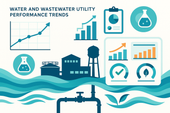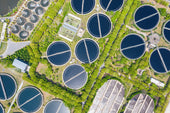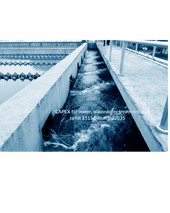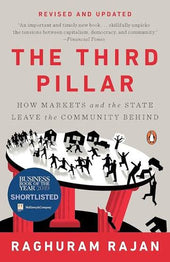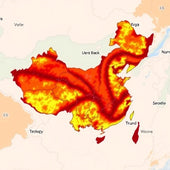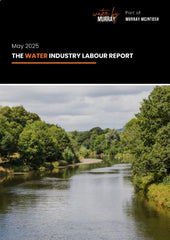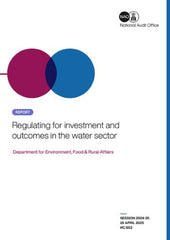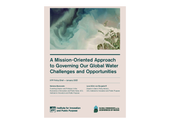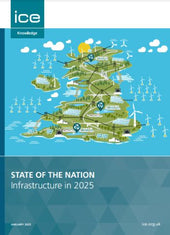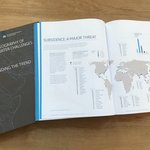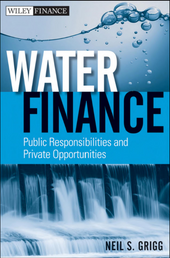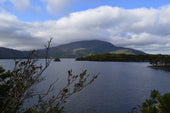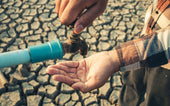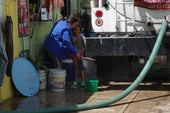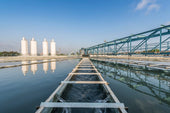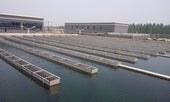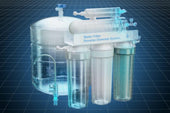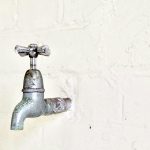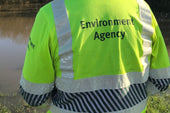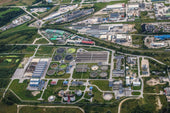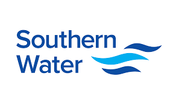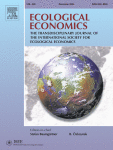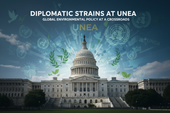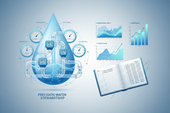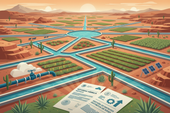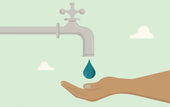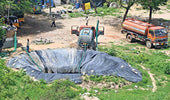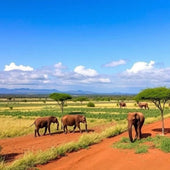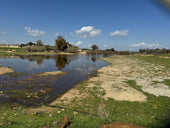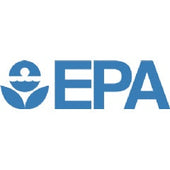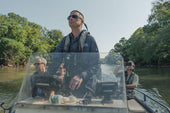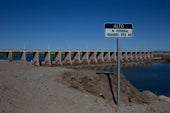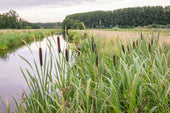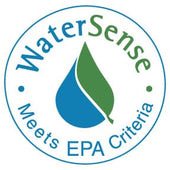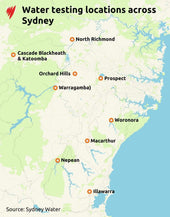
The G7 Water Coalition: A Bold New Plan to Address the Global Water Crisis
*Canada leads ambitious three-year initiative to protect and restore the world's freshwater resources*
Water is life. It sustains ecosystems, drives economies, and determines the health and wellbeing of billions of people worldwide. Yet our planet faces an escalating water crisis—from devastating droughts and catastrophic floods to pollution and scarcity that threaten communities across the globe.
Under Canada's 2025 G7 Presidency, world leaders have launched an ambitious response: the G7 Water Coalition Workplan, a comprehensive three-year strategy (2025-2028) designed to tackle these challenges head-on.

Why Water Matters More Than Ever
The Coalition recognizes what scientists have been warning us about: both blue water (found in lakes, rivers, and aquifers) and green water (stored in soil and vegetation) are essential for life on Earth. These water resources don't just quench our thirst—they underpin economic stability, food security, and environmental health.
As extreme weather events intensify and the global hydrological cycle shifts, the need for coordinated international action has never been more urgent. Water isn't just an environmental issue; it's intimately connected to agriculture, energy production, and even emerging technologies like artificial intelligence.
A Dual Approach: Collective Action and Technical Exchange
The G7 Water Coalition Workplan focuses on two strategic pillars:
1. Collective Action**
The G7 nations commit to coordinated engagement in international water efforts, ensuring that freshwater issues receive the political attention they deserve. This means:
- **Mainstreaming water across global forums**: Advocating for freshwater considerations in international discussions, from climate negotiations to biodiversity conventions
- **Coordinated positioning**: Working together to shape the global water agenda and avoiding fragmented, inefficient approaches
- **Cross-sector integration**: Recognizing how agriculture, energy, and technology depend on—and impact—water resources
2.Technical Exchange**
Knowledge sharing is power. The Coalition will facilitate technical workshops and exchanges on cutting-edge topics, bringing together the best minds from G7 countries and beyond.
Six Key Focus Areas
The Workplan identifies priority areas where collaboration can make the biggest difference:
Resilience and Adaptation
Sharing best practices in flood and drought management, water recycling, and nature-based solutions. From advanced forecasting systems to innovative agricultural technologies, G7 countries will learn from each other's successes and challenges.
Technology and Innovatio
Exploring how artificial intelligence, remote sensing, and other emerging technologies can revolutionize water management. The goal: smarter, more efficient systems that can predict and respond to water challenges in real time.
Linking Nature and Water
Promoting integrated approaches that recognize the connections between water, energy, food, and ecosystems. This includes elevating the importance of "green water"—often overlooked but critical for biodiversity and sustainable land use.
Combatting Water Pollution
Tackling harmful pollutants from plastics to PFAS "forever chemicals." The Coalition will identify best practices and coordinate with existing international frameworks to protect water quality.
Water and Finance
Addressing the elephant in the room: funding. The Coalition will explore ways to mobilize private, philanthropic, and conservation funds for water-related projects, while accounting for the economic risks of water insecurity.
Meaningful Engagement
Ensuring that the voices of those most affected—including Indigenous Peoples, women, youth, and local communities—are heard and centered in water management decisions.
A Model for International Cooperation
What makes this initiative particularly promising is its structure. Rather than creating another bureaucratic layer, the Coalition will hold one annual meeting organized by the current G7 Presidency, with additional technical exchanges as needed. This lean approach maximizes impact while minimizing duplication with other international processes.
The Coalition also emphasizes partnership, recognizing that solving the water crisis requires collaboration beyond the G7. Guest countries, civil society organizations, the private sector, and basin organizations will all have opportunities to contribute their expertise and perspectives.
Looking Ahead
As climate change intensifies water-related challenges, the G7 Water Coalition Workplan represents a crucial step toward global water security. By combining political commitment with technical innovation, and by fostering genuine partnerships with affected communities, the Coalition aims to transform how the world approaches its most precious resource.
The next three years will be critical. Can the world's leading economies demonstrate the leadership needed to protect and restore freshwater systems? Can technical innovations be deployed fast enough to build resilience against increasing droughts and floods? Can we finally mainstream water considerations across all sectors of the economy?
The G7 Water Coalition Workplan provides a roadmap. Now comes the hard work of implementation—work that will determine the future of water security for generations to come.
---
*For more information about Canada's G7 Presidency and the Water Coalition, visit [www.canada.ca](https://www.canada.ca/en/environment-climate-change/news/2025/10/g7-water-coalition-workplan.html)*



